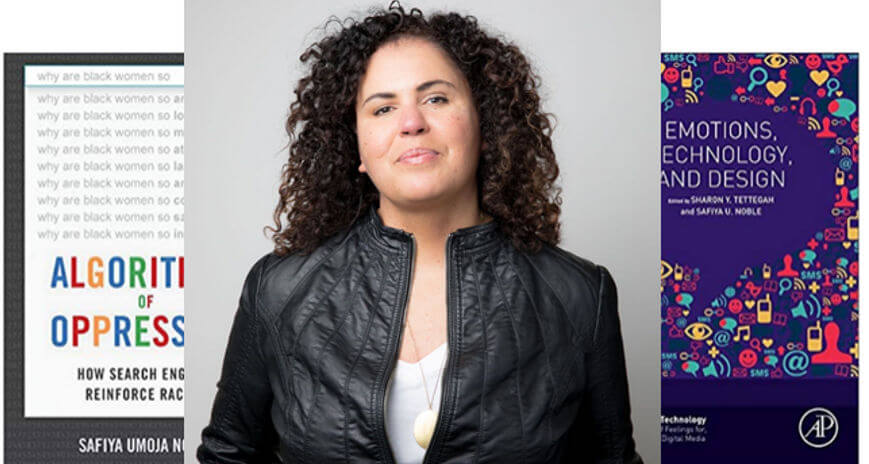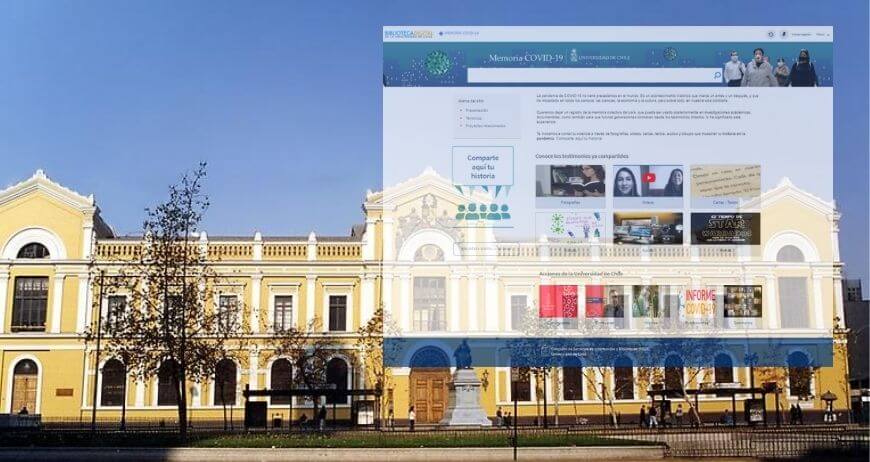As technology changes rapidly, what does the future hold for libraries and librarians? Will traditional methods of academic resource evaluation, discovery and delivery still be effective or will some become obsolete?
These are the questions raised in this month’s Buzz in two fascinating articles touching on different aspects of library management.
Also, a study by a leading library industry journal finds a bit of a disconnect between librarians and academic faculty – but it’s not necessarily the gap that many expect.
Finally, another aspect of the latest technology, however, is decidedly not positive for Harvard University librarian Cheryl LaGuardia.
In his blog for Library Journal, a leading publication for the library community, built on more than a century of journalism, Steven Bell questions if libraries are ready for a radically different future. Noting that the Ford Motor Company is preparing for a future when people no longer buy cars, by redefining its mission as selling mobility, he warned that academic librarians need to think about a time beyond content. Productivity services for researchers, educators, and students, for example, may become the future library’s new territory. While he calls for even more radical re-thinking, Bell praises academic libraries for already being “active participants in this age of great experimentation.” Read more >>
The Scholarly Kitchen, a moderated blog about the latest in scholarly publishing and communication, carries an article by Phill Jones on alternative metrics in research evaluation. A major challenge today is taking context into account when evaluating a citation, because simple citation counting metrics can be, and have been, gamed by some academics. Jones argues that common research quality metrics – such as Impact Factor, h-index and similar alternative metrics – are insufficient for measuring true research quality in the modern world. “[A] problem that has been identified over the last few years… is becoming known as the Evaluation Gap”; i.e., the inability to measure the impact of research on the world outside the ivory tower. So, what is the solution? Read more >>
The Library Journal, in collaboration with Gale, recently conducted a survey of 547 academic librarians and faculty members in an effort to gauge how each group perceives the services provided by their institutional libraries. While it appears faculty and librarians agree on the crucial areas of library services, the faculty doesn’t “always agree with librarians’ self-assessment that they’re doing a good job.” On the flip side, the quality of communication between faculty and librarians is perceived vastly differently as well. The study also looked at what librarians and faculty members see as logistical and cultural problems, as well as potential solutions. The research summary is a fascinating read, with a lot of eye-opening information. Read more >>
In her Library Journal blog, “Not Dead Yet”, Cheryl LaGuardia, a senior Research Librarian at Harvard University, writes about her experience with smartphone-toting researchers and students. And it is not pleasant. “What happened to having technology serve us? When did it become the master…?” she rails. LaGuardia wonders if some of those researchers (and even her friends) might not be suffering from nomophobia, a malady “defined as the fear of not being able to use a smartphone or a mobile phone….” Read more >>
That’s our peek into the future for this month’s Library Buzz. Let us know what you think the future holds for libraries and librarians – we may share it with the world in an upcoming Buzz.
And do let us know if you are reading this on your smartphone… 🙂
You might also be interested in

COVID-19
Librarianship
April 28, 2021 |
11 min read
Trends in Physical and Electronic Resource Usage in U.S. Academic Libraries

COVID-19
Librarianship
April 09, 2021 |
5 min read
National Library Week: Recognizing Libraries as a Reliable and Resilient Force

Alma
Librarianship
April 06, 2021 |
6 min read
Centralizing, Optimizing and Cutting Costs
Great library experiences start with software
Download whitepaper

Alma
Librarianship
March 09, 2021 |
7 min read
Finding the Best Integrated Library System for Small and Medium Library Collections and Management

Alma
Librarianship
February 16, 2021 |
6 min read
A Small Library Staff Can Do Much More Than You Think

Alma
Librarianship
November 11, 2020 |
5 min read
The Big Challenges of Small Libraries

Community
Librarianship
October 14, 2020 |
3 min read
Diversity, Equity and Inclusion: Dr. Safiya Umoja Noble Chats with Ex Libris

Alma
Primo
Community
COVID-19
Librarianship
August 13, 2020 |
2 min read
A Unique Approach to Memorializing 
